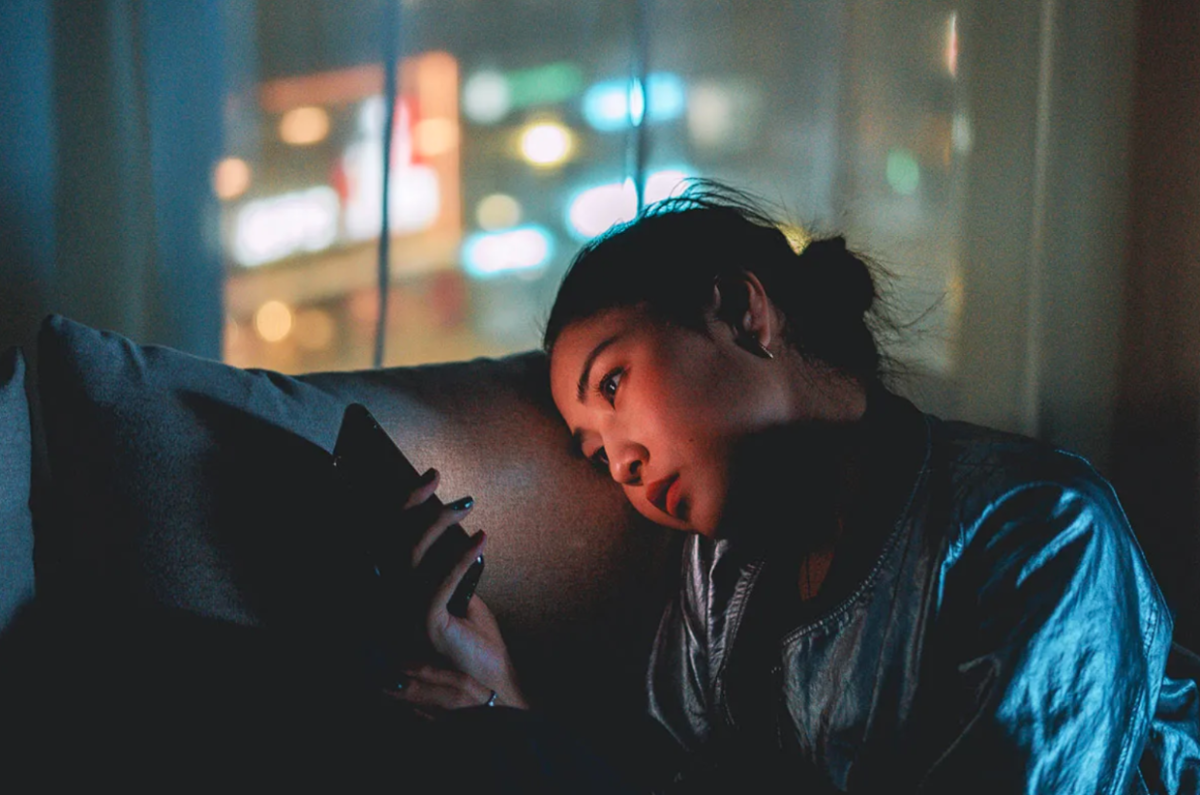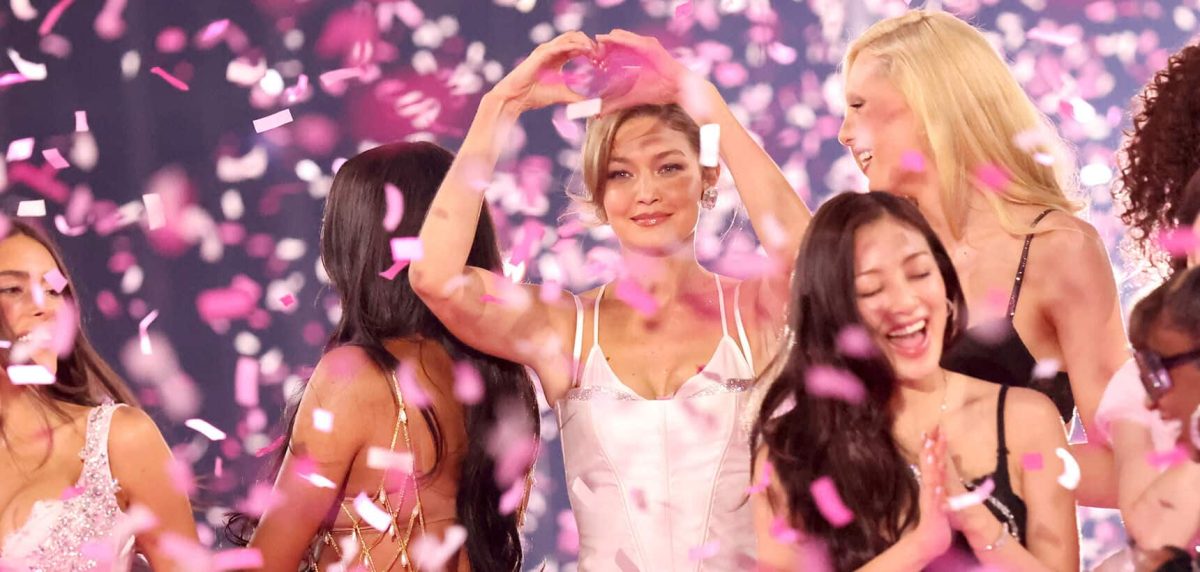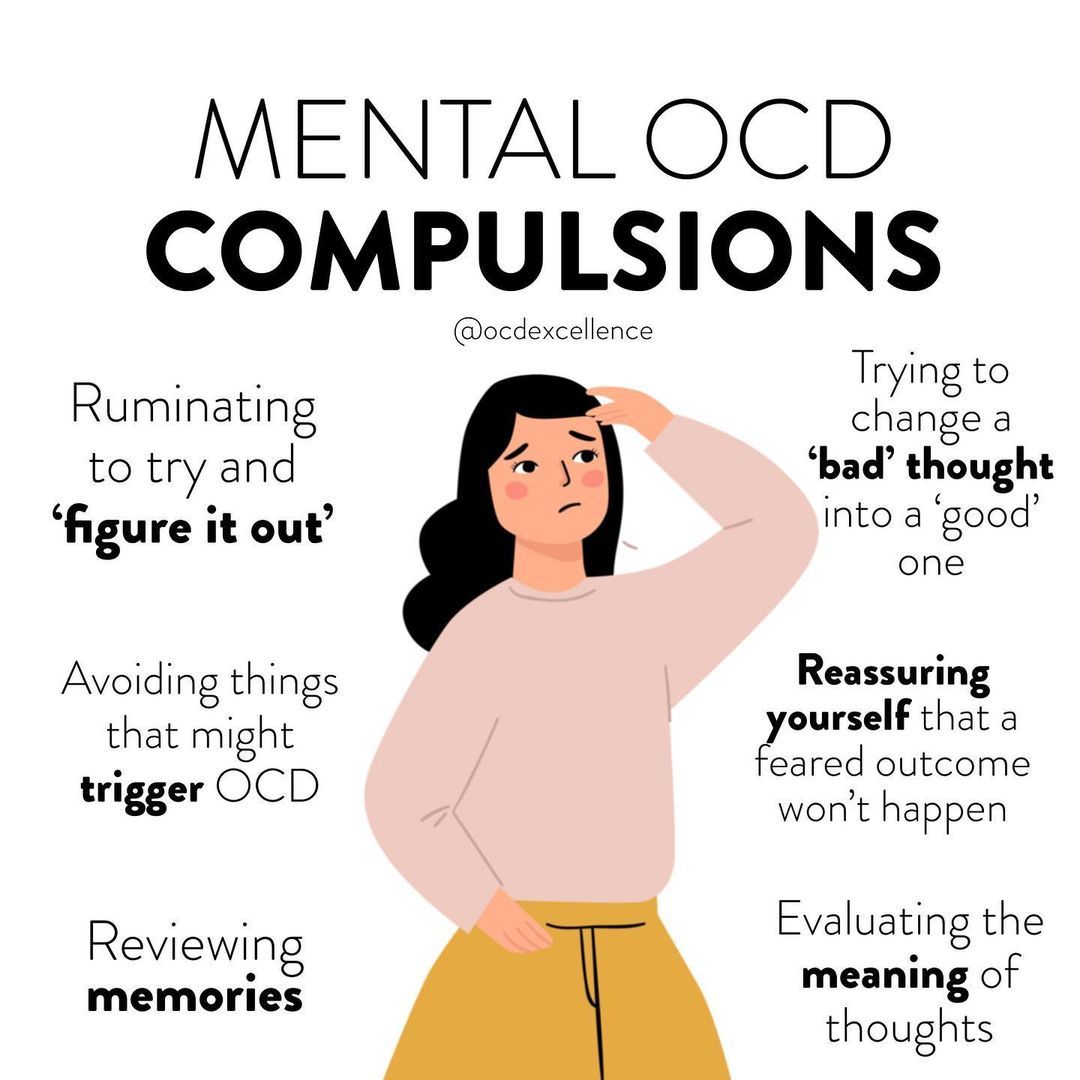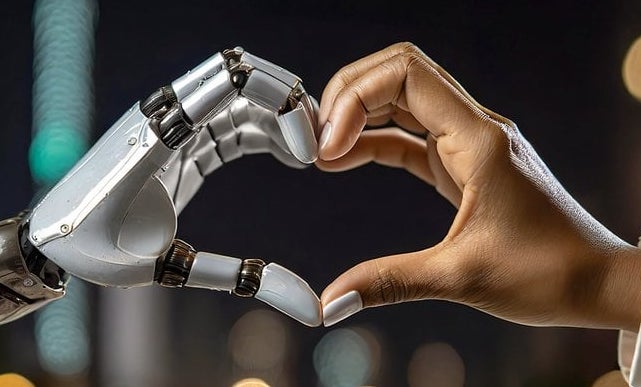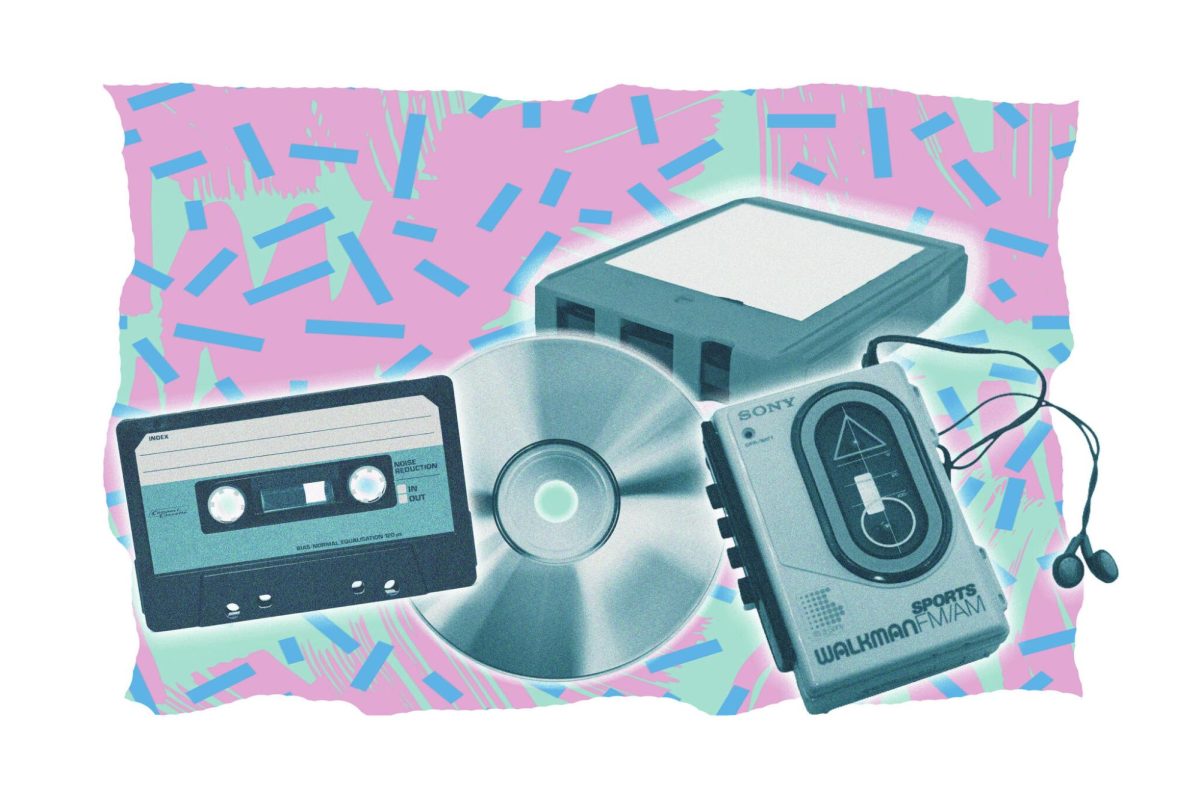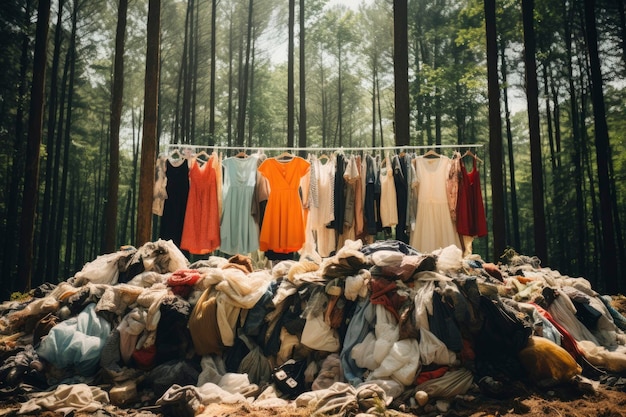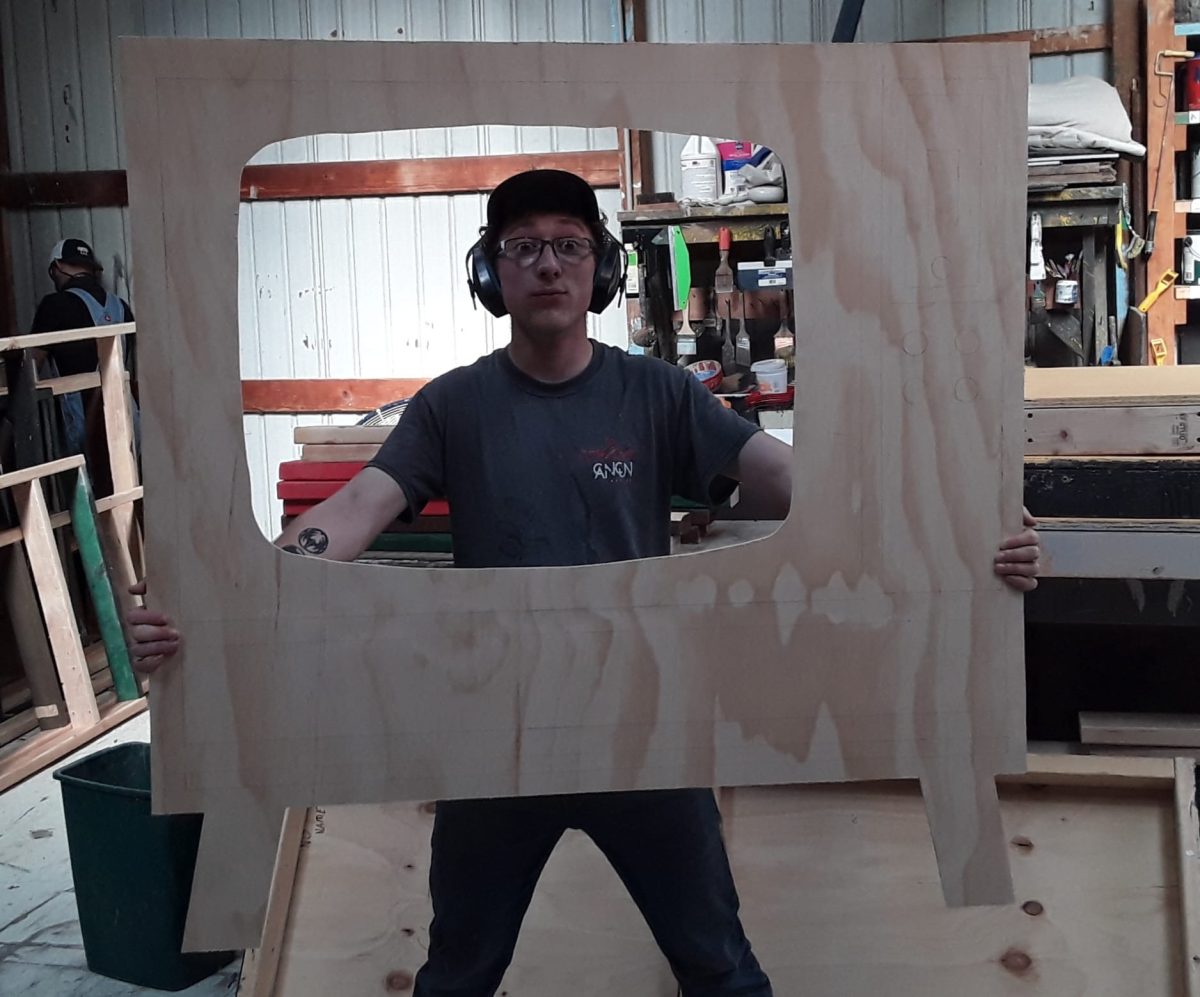Filters have certainly evolved since their initial introduction in 2015. However, it’s worth considering whether we’ve gone too far. Despite our attempts to encourage inclusivity and acceptance, filters that enhance beauty artificially can still damage our lives and perpetuate unrealistic and often racist beauty ideals. Although these filters may appear harmless, they can lead to unhealthy behaviors and attitudes towards oneself and others, particularly those who don’t fit traditional European beauty standards. We must reevaluate our approach to these bigoted filters to establish a more realistic and inclusive beauty standard, or no standard at all.
History of racist filters
Filters have a history of racism. Snapchat’s filters, specifically the “Bob Marley” and “anime-style” lenses introduced in 2016, have been criticized for their racial implications. These filters were widely perceived as forms of blackface and yellowface and caused immediate controversy among users.
The platform’s “anime-style” lens did not include typical anime attributes. Instead, the lens was characterized by stereotypical Asian features, including narrow, slanted eyes and buck teeth. The lens was met with significant public backlash and was promptly removed from the app. In contrast, the “Bob Marley” lens, which featured a dark skin tone overlay and dreadlocks, was criticized for reducing Marley’s legacy to that of a stoner and allowing digital blackface. Despite similar criticism, the lens remained on the app.
It should be noted that while Snapchat has faced repeated criticism, it is not the only social media platform with filters under scrutiny. Meta, the most significant media corporation that owns Facebook, Instagram, and Whatsapp, has also faced backlash as recently as 2021.
Just two years ago, Instagram introduced an augmented reality (AR) filter titled “Booma Yee” that significantly darkens the user’s skin tone. Several videos featuring this filter have gone viral, depicting the user initially appearing discontented with the modified skin tone, only to tap the screen and reveal their actual skin tone, resulting in a relieved expression.
Despite claiming to have a zero-tolerance policy for blackface, Meta allowed this trend to go viral with such racist implications. It raises doubts about the actual strictness of Meta’s policy.
Today’s racist beauty filters
According to the parent company of Snapchat, an impressive 250 million individuals use filters daily. Filters serve various purposes, with beauty filters being trendy among popular social media users. These filters range from skin-smoothing and smokey-eye filters to hair-color-changing filters and more. However, while minimizing acne, adding makeup, or altering hair color may not cause concern, filters that lighten skin tones, enlarge eyes, or slim faces are where the problems with the beauty filter industry lie.
In our current society, specific physical attributes are often given preference, leading to an unjust and biased view of what is considered beautiful. Consequently, this prejudice has created a damaging level of scrutiny and criticism towards entire ethnic groups and cultures for their inherent appearances. The utilization of prevalent beauty filters that lighten the skin tone of women of color, enlarge the eyes of Asian women, or thin the faces of Pacific Islander women, exemplifies the ongoing perpetuation of these racist beauty ideals.
As we move forward into 2024, we continue to strive towards promoting body positivity through inclusive fashion shows, modeling campaigns, and other vital efforts. However, the popularity of filters that enable Euro-centric beauty standards online hinders our progress and takes us back several decades.
According to a study by Dove, an alarming 80% of girls under the age of 13 have already used technology to change their appearance online. Sadly, children can be cruel, especially towards young girls from ethnic minorities. A majority of black women have faced bullying during their childhood due to their dark complexion and hair texture, while Asian children often have to deal with hurtful songs about their eye shape. White American children’s exposure to Pacific Islanders was usually limited to the animated movie “Lilo & Stitch,” and it wasn’t until high school that we learned to use the correct term for Native Americans.
Why should these racist beauty standards follow children home? Why do they still exist at all? How can we end these racist beauty standards? Here are my thoughts:
Stop. Support the intersectional feminist movement by taking a stance against using filters that manipulate facial features, eye shape, and skin tone. Refrain from using these or all filters, and inspire others to do the same. By embracing our natural appearance online, we celebrate the inherent beauty within us all.
Apply. Reports indicate that both Meta and Snapchat have a low representation of black people and women in their workforce. Meta has less than 5% black employees and 38% female employees, while Snapchat has less than 17% employees of color and 22% female employees. If you are a woman, a person of color, or both, and seeking a career or internship in marketing, media production, or customer service, consider applying to these companies to bring about positive change from within.
Money. Reducing our online presence and abstaining from spending money online is crucial. The longer we remain on social media apps like Snapchat and Instagram, the more profit these prejudiced platforms generate. These businesses earn billions of dollars annually via advertisements. With the advent of social media gifts, shops, and other features, these platforms are raking in even more revenue. If you wish to back a creator, consider posting a kind comment or searching for their small business to support. It’s redundant for social media to benefit from us beyond what they already do.
Support. One way to show solidarity with women of color (WOC) and women who don’t use filters is to follow women and WOC TikTok and Instagram influencers who embrace their natural features, such as facial hair, skin tone, and acne, and avoid using filters. Exposing yourself to more of this content helps boost your confidence and self-esteem by seeing real faces and skin and promotes this important content for young girls who greatly benefit from it. The more support we give to authentic creators, the more we encourage this behavior and inspire other creators to follow in their footsteps.
Some influencers who don’t use beauty filters:
- Miss Darcei (WOC, Skin Tone Positivity)
- Instagram: @missdarcei
- TikTok: @missdarcei
- Rikki Sandhu (WOC, Hair & Skin Positivity)
- Instagram: @rikkisandhuu
- TikTok: @rikkisandhuu
- Izzie Rodgers (Body & Skin Positivity)
- Instagram: @izzierodgers
- TikTok: @izzierodgers
Education. Educating those in your circle, particularly your siblings, cousins, or children, is crucial. During my formative years, I held the misguided belief that hair on my arms and legs was inappropriate and unattractive. I felt like an outsider because my mother had no hair in those areas and misled me into believing my hair wasn’t natural. Starting in Kindergarten, she would shave my arms. However, when the hair grew back, my classmates would ridicule me, labeling me a primate. Now imagine how young girls of color with darker body hair feel. It is essential to teach everyone, regardless of gender, that body hair, acne, and varying skin tones are part of our natural makeup. They make us unique, healthy, and beautiful; we would all be the same without them. There’s no authentic beauty without individuality.
It should be anticipated that by 2024, discriminatory beauty criteria will become a thing of the past. However, it is more prevalent than ever before. Women should feel at ease and confident about their appearance in their everyday lives and on social media. Sadly, specific filters and beauty standards are hindering this. The reality is that women come in diverse shapes, sizes, and colors. Every culture and ethnicity has its rich history of natural beauty, and it is unacceptable for social media platforms to strip that away from them. It is unfair to imply that their features are less attractive than those working at these companies. Everyone has the right to embrace their natural appearance and take pride in their unique features.

